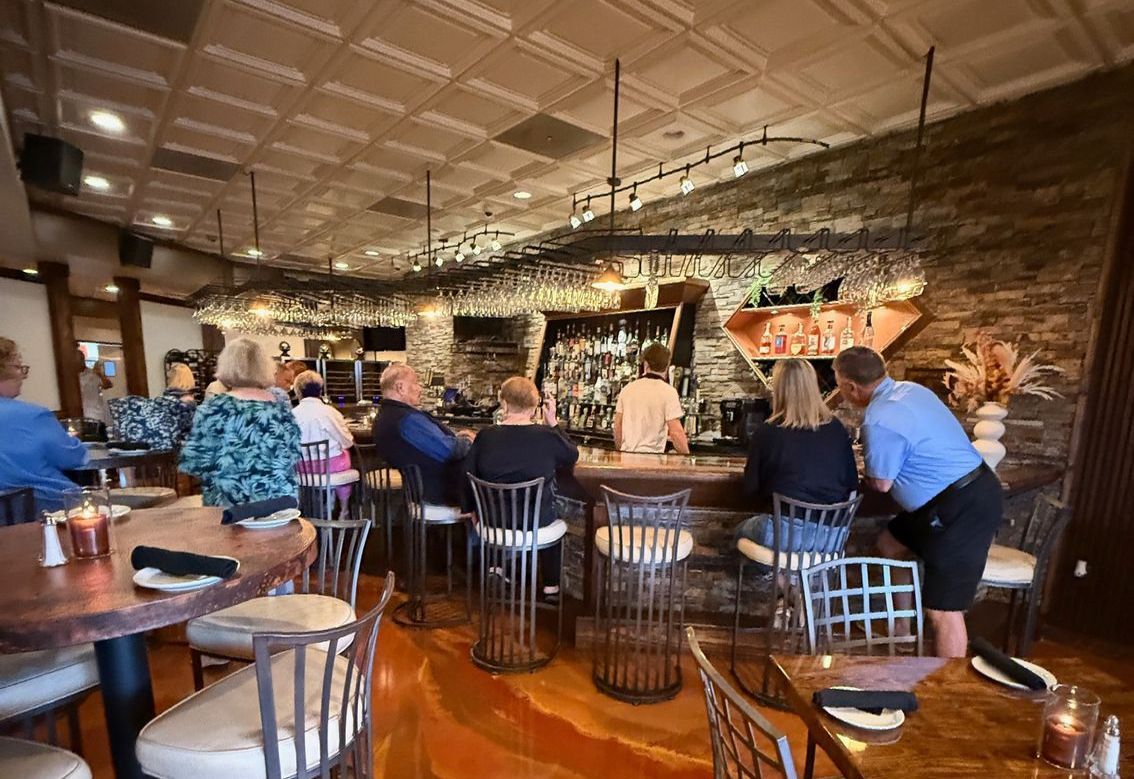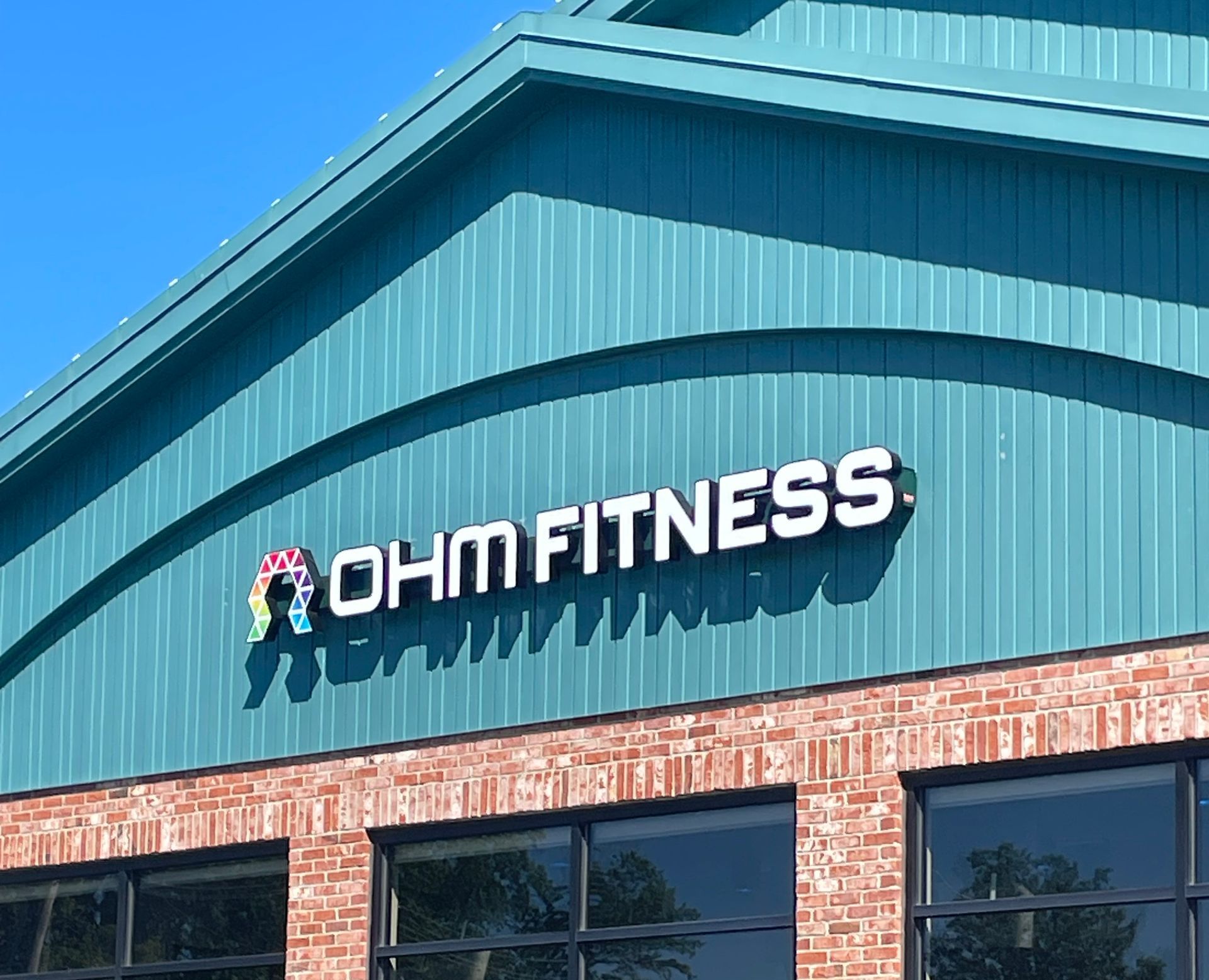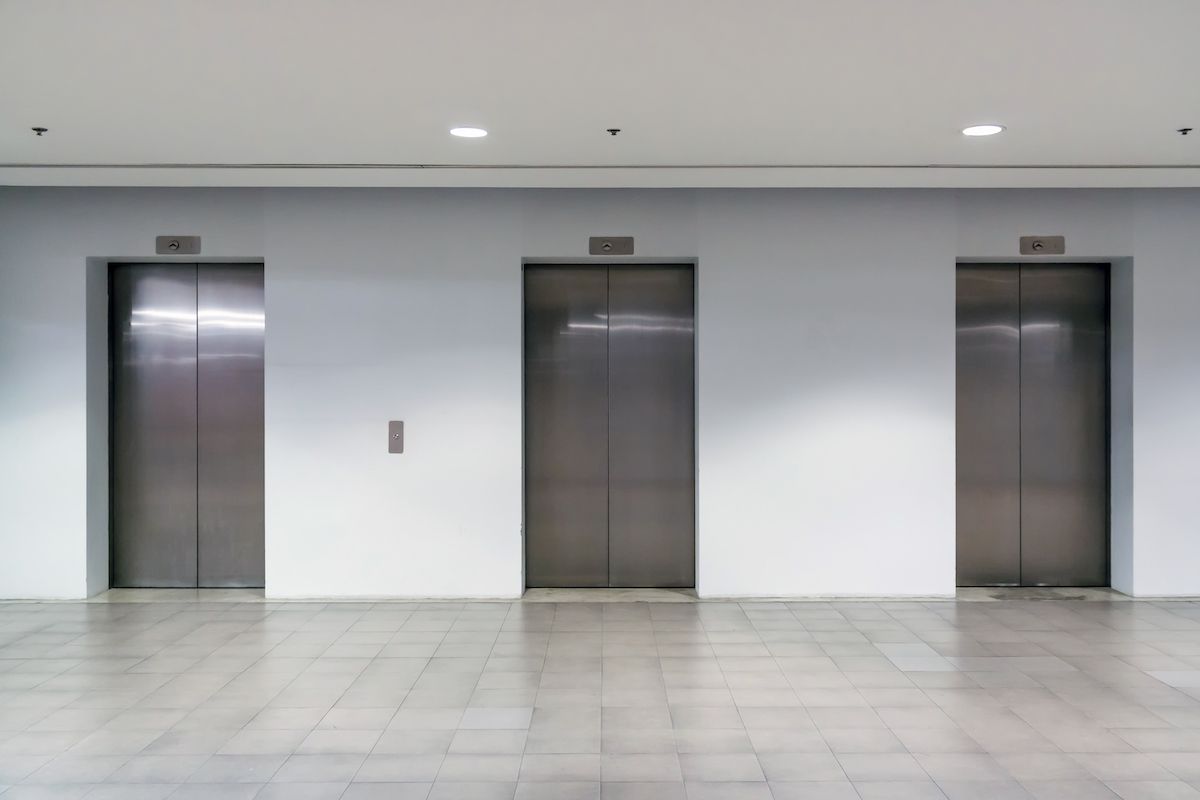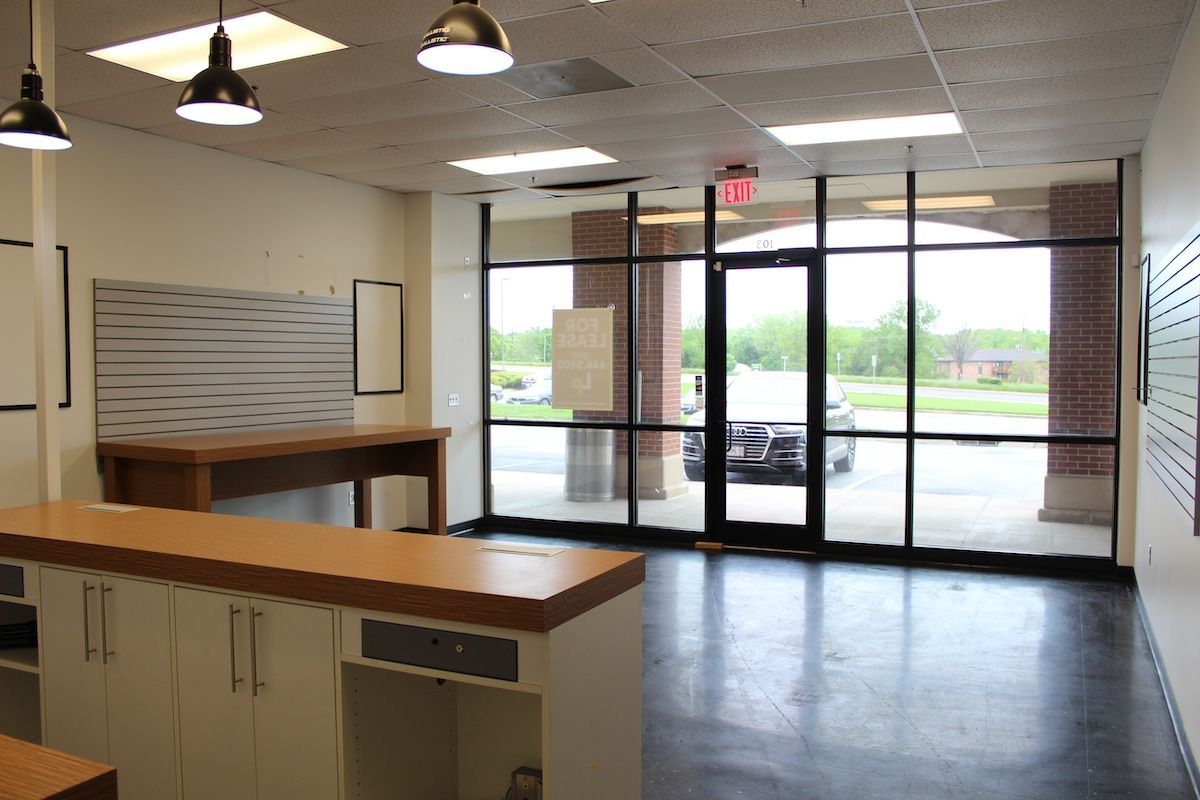Tips For Maintaining A Good Relationship With Your Landlord in Columbia, MO
Become Your Landlord’s Favorite Tenant When You Follow These Steps for Building & Keeping a Good Relationship During Your Commercial Lease
As a business owner, you are in control. You get to choose what service or goods you provide, how you do it, who you hire, and how you reinvest in your business. It’s a lot of responsibility for one person, but you’ve made it this far, and you’re doing great! Even though you control your business, if you are renting a commercial property, you’ll have one person who is equally invested in the success of your business–your landlord. Your landlord is in charge of the space you occupy, so even though you may have options to modify the space and run your business as you please, you’ll still need to maintain a good relationship with your commercial landlord to ensure your continued success. But how can you do that?
Don’t worry, when you have burning questions about commercial rentals, Lindner Properties has answers. We’ve been in the commercial property game for a long time, since 1980, and we’ve helped hundreds of tenants build great working partnerships with our landlords. Ready to do the same? Follow these three tips for building a great relationship with your commercial landlord in Columbia, MO!

Linder Properties Top Three Tips for Keeping a Great Working Relationship With Your Commercial Landlord in Columbia, MO
The easiest way to be a good tenant is to understand these three key rules: communicate, be a good neighbor, and follow the rules! While they seem pretty simple, there’s a lot for you to consider as a commercial tenant. Not only are there social responsibilities you need to maintain, but there are also legal aspects you should make yourself aware of. A little self-education and common courtesy can go a long way, so always put your best foot forward and be educated about your lease and local regulations.
If you can consistently follow these principles, you’ll build trust and goodwill with your landlord, turning what could be a purely transactional relationship into a true partnership. A landlord who sees you as a dependable and cooperative tenant will be more willing to work with you when unexpected challenges arise. And a friendly landlord is the best landlord. Let’s dive into why these three rules are so important and how they can set you up for long-term success.
Good communication is an essential part of building a good relationship with your Columbia, MO commercial landlord
Being able to communicate the good, the bad, and the ugly with anyone is vital to a good relationship. Even if you don’t get along with someone personally, being able to effectively communicate with them is still essential to your long-term success. This includes family, employees, and even your landlord! The best way to build solid communication with your landlord is to start early! Before you sign the lease, make sure you are signing with someone you could see yourself working with for years. After all, most commercial leases last anywhere from three to five years, so you aren’t just committing to a year of working with someone—you could be dealing with this landlord for half a decade. Choose wisely!
After you’ve signed on the dotted line, make sure to keep the communication channels with your landlord open. Let them know what kind of changes you’d like to make to your property and ask them if certain updates need to be completed by you or their approved contractor. You should also reference your lease agreement before asking for changes. The rules may already be outlined there, but if you go to your landlord with a question that’s clearly answered in your lease agreement, they could lose confidence in your ability to understand other aspects of the commercial lease.
Beyond updates about your rented commercial property, you should share wins with your landlord, too! Milestones, record profits, and growth are all exciting to a landlord, especially because it means your business is thriving! Your landlord wants you to win, and when you include them in your success, you’ll build a foundation of true partnership.
The one other thing you need to communicate with your landlord is when you need something. This could be maintenance, an upgrade to a larger property they have in their portfolio, or customer requests about surrounding properties. Addressing a concern quickly and head-on prevents issues down the road and gets you a resolution quickly. Some landlords may think overcommunicating is a bad sign, but a good commercial landlord will recognize that a solid relationship includes regular updates, whether they are good or bad! Keep those communication channels open and don’t be afraid to ask your landlord for help. That’s their job!

What should I do if my commercial landlord won’t communicate with me?
The one thing you need to remember is that communication goes both ways! Even if you do your best to share your needs, express your concerns, and highlight big wins, not all landlords are equipped to successfully communicate their side. Sometimes, it’s necessary to work with a mediator or even a commercial real estate attorney who can help you build a bridge of understanding between you and your landlord.
For those in Columbia, MO, who want to avoid landlords who can’t communicate reasonably, choose Lindner Properties for your commercial lease. We’ve been around for 40+ years because we know how to successfully build up our tenants, and we share a passion for excellent communication between business partners. After all, what are landlords and tenants if not business partners? Learn more about what Lindner Properties’ landlords can offer for your business or organization when you call our office today. Let’s get communicating!
You can be a good tenant by being a good neighbor! Make your commercial landlord’s life easier when you become a good representative of your Columbia, MO community
Having a good relationship with your landlord isn’t always about how you directly interact with them. It’s also about how you interact with your neighbors and the property as a whole. If you treat your commercial rental property with respect, and the other tenants around you also enjoy having you as a neighbor, you’ll be in the perfect position to continue building a positive relationship with your landlord. Public perception gets around, and if another tenant brings a concern to your shared landlord, you could be in hot water. Avoid problems by acting as a good neighbor and respectful tenant.
Depending on where you rent your commercial property, you’ll likely have a few neighbors, both commercial and residential, who must interact with your business more than the average customer or client. If you lease a property in a retail center, your neighbors on either side of the wall will appreciate it if you keep your noise to a minimum and only attract a positive customer base. A family therapist, for example, may have trouble adapting to a rowdy bar with a workday happy hour, so be considerate of how you operate your business and how your customers present themselves once they exit your property.
You should also focus on maintaining a tidy storefront. Pick up trash, shovel your sidewalk of snow if that service isn’t provided by the landlord, and keep common areas like parking or seating open for public use. Your customers will appreciate your efforts, your fellow tenants will appreciate your efforts, and your landlord will appreciate your efforts!
Many businesses have ordinances & local regulations they must follow. Stay up to date on business operation laws in Columbia, MO with Lindner Properties
In order to maintain peace and comfort for all, the city has rules you’ll need to follow to stay in business. These regulations are in place to ensure that businesses operate safely, fairly, and without causing disruption to the surrounding community. If you’re unsure about certain regulations, ask your landlord to avoid racking up fines and citations that could hurt your reputation or bottom line.
As a commercial tenant, you’ll need to be informed about a wide range of requirements, including noise ordinances to avoid disturbing neighbors, serving laws for restaurants and bars to comply with health and safety standards, ADA requirements to ensure accessibility, and much more. Depending on your industry, there may be additional rules and permits required for your specific type of business. The best time to address these concerns is before you sign the lease, so talk to your landlord about these regulations upfront. A knowledgeable landlord who understands the legal landscape will be an invaluable resource, but if they can’t answer your questions or seem unfamiliar with these requirements, you’re probably not signing with the right landlord.
At Lindner Properties, we make it easy for our tenants to stay informed and compliant. Get all your questions answered and gain peace of mind when you lease with us. We help talented and growing business owners not only stick to the rules but also thrive in their space. With over 40 years of experience, we’re here to support your success every step of the way.
Education is key to a good landlord & tenant relationship! Build a better partnership when you read your commercial lease carefully & follow the legally binding terms
Your commercial landlord agreed to sign a lease with you because they felt you could be responsible both personally and financially with their commercial property. You can maintain that trust by following your lease and making life easy for your landlord. Before you agree to a leasing contract, read it front to back and ask questions about things you’re unsure of. You can either speak to your potential landlord or consult with a real estate attorney who will be equally equipped to help you understand the rules set forth in your lease. By being familiar with your lease from the very beginning, you can avoid confusion and issues in the future.
Most tenants will have questions about how they can customize a property and what the limit is for personal changes made. These are called improvements, and some can be made by you, while others must be approved or even completed by your landlord. When you move in, or when your business needs to grow, talk with your landlord about improvements that can be made. Simple paint jobs or touch-ups to finishes can typically be completed by the tenant, but renovations or layout changes must be approved and managed by the landlord. They don’t want just any contractor entering their property and making changes, so be upfront with your landlord about the changes you want to make. It is ALWAYS better to ask for permission rather than forgiveness, because an unsanctioned renovation or change could land you with a canceled lease agreement.
Do you have more questions about making improvements to your rented office, restaurant, or retail space? Whether you're wondering about simple updates like repainting or larger renovations to accommodate your growing business, it’s essential to know what’s allowed under your lease. To help you navigate these decisions with confidence, check out our comprehensive commercial leasing guide. Our guide is packed with valuable information about navigating your lease, understanding its terms, and addressing common concerns, such as property modifications, tenant responsibilities, and working with your landlord to resolve conflicts. By educating yourself, you’ll not only stay compliant but also build a stronger, more cooperative relationship with your landlord. Don’t let unanswered questions slow you down—empower yourself with the knowledge you need to make the most of your commercial space.

Tell your landlord right away when something needs to be repaired or replaced at your rented commercial property in Columbia, MO
It’s inevitable that you’ll need maintenance or repairs for your commercial property. It just comes with the territory of using a property for commercial purposes. When you need maintenance, tell your landlord RIGHT away. If a problem like a plumbing or HVAC issue is left untreated, it could end up costing everyone valuable time and money. No one wants to close their doors for days or even weeks because they ignored a small maintenance problem.
By informing your landlord of any maintenance concerns early, you are giving them the time they need to find the right solution. From running toilets to leaky ceiling tiles, it’s your responsibility to inform your landlord of problems. Depending on your lease, you may be in charge of contacting and paying for a repairman. Even if this is the case, you should still inform your landlord of work being performed at your office, store, or restaurant. They will want to keep records of the work performed. They own the building, after all! Knowing when something was fixed and who did the work is crucial to the longevity of their building.
When something breaks, do the polite thing and give your landlord a heads-up ASAP. This makes life easier for everyone.
Create a lasting professional bond with your commercial landlord when you choose the professionals at Lindner Properties in Columbia, MO
Ready to have your landlord saying, “I think this is the beginning of a beautiful friendship?” Use Lindner Properties’ tips for building a good working relationship with your commercial landlord. Not only does it reflect well on your professional standing in the community, but it can open doors in the future. With a few simple building blocks and a friendly start, you can have the best landlord/tenant relationship ever! Get started with Lindner Properties.










